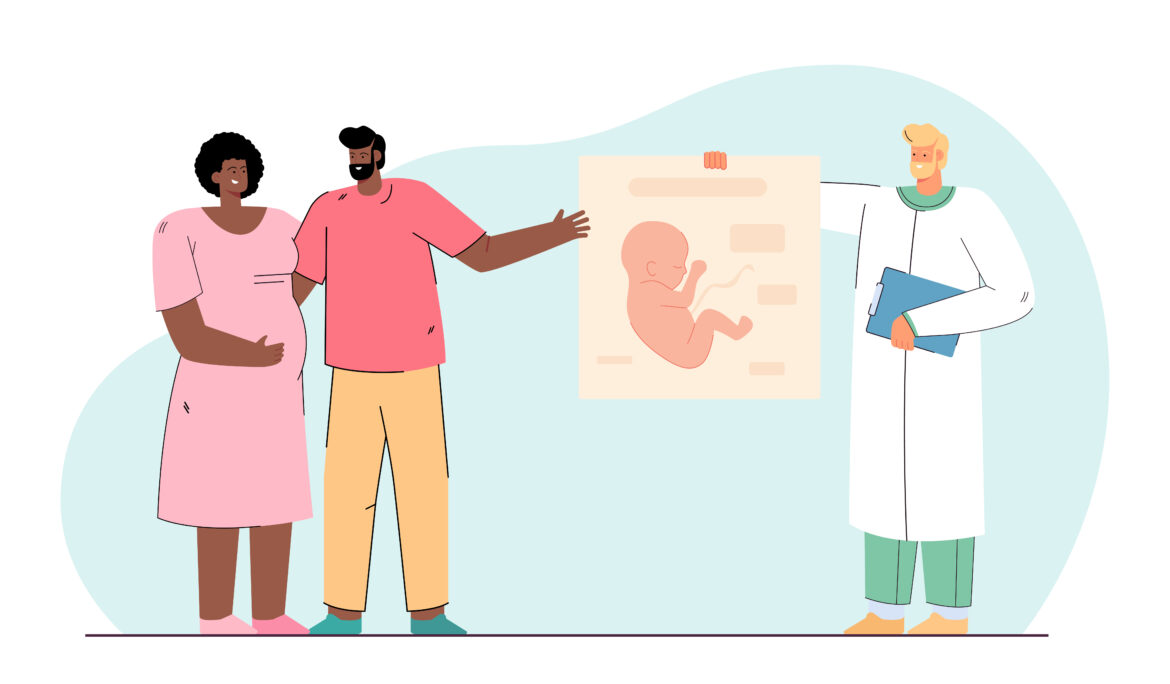MKH and Exosomes: Innovative Treatments for Low AMH Levels


Low Anti-Müllerian Hormone (AMH) levels are often a concern for women trying to conceive. AMH indicates the ovarian reserve, and low levels suggest a reduced egg supply. However, innovative treatments like MKH and exosomes are providing new hope for women with low AMH. In this article, we will explore how MKH and exosomes can improve fertility outcomes for those facing this challenge.
What Is AMH and Why Is It Important?
AMH is a hormone produced by the ovarian follicles, and it reflects a woman’s remaining egg supply. A lower AMH level typically indicates a lower quantity of eggs, which can make conception more difficult.
| AMH Level (ng/ml) | Fertility Outlook |
|---|---|
| Over 1.2 | Healthy ovarian reserve, better chances |
| Below 1.2 | Diminished ovarian reserve, potential fertility challenges |
Low AMH doesn’t mean conception is impossible, but it can reduce the likelihood of success with conventional fertility treatments. This is where advanced treatments like MKH and exosomes come into play.
How Do MKH and Exosomes Work for Low AMH Levels?
Both MKH and exosomes are regenerative therapies designed to improve the ovarian environment. These treatments target the health of ovarian tissues, making it possible for women with low AMH to improve their fertility potential.
MKH Therapy
MKH (Mesenchymal Kök Hücre) uses cells derived from the patient’s body. These cells help rejuvenate ovarian tissues, promoting better cellular health and potentially increasing egg production. This process can be particularly beneficial for women with low AMH, as it addresses the underlying cellular issues that may be contributing to the problem.
Exosome Therapy
Exosome therapy involves injecting exosomes, which are nano-sized vesicles that carry essential proteins and genetic materials between cells. In fertility treatments, exosomes help improve communication between ovarian cells, leading to better egg quality and ovarian function.
Benefits of MKH and Exosomes for Women with Low AMH
These therapies offer several benefits for women facing low AMH levels:
- Improved Ovarian Health: Both MKH and exosomes enhance the overall health of ovarian tissues.
- Increased Egg Production: By promoting cell regeneration, these therapies can potentially increase egg production.
- Enhanced Egg Quality: Exosomes help in improving the quality of the eggs, which is crucial for successful conception.
| Therapy | Key Benefit |
|---|---|
| MKH | Rejuvenates ovarian tissue and promotes egg production |
| Exosomes | Enhances cellular communication and improves egg quality |
Who Can Benefit from MKH and Exosome Therapy?
Women who have low AMH levels or poor ovarian response in conventional fertility treatments may benefit the most from MKH and exosome therapies. These treatments are ideal for women who:
- Have been diagnosed with diminished ovarian reserve
- Are struggling with poor egg quality
- Are looking for alternatives to traditional fertility treatments
How Are These Treatments Administered?
Both MKH and exosome therapies are minimally invasive procedures. They involve injections into the targeted area, such as the ovaries, and are typically performed on an outpatient basis. The procedure usually takes about 2-3 hours, with little to no recovery time required.
Conclusion
MKH and exosome therapies represent a promising solution for women with low AMH levels, offering improved ovarian health, better egg quality, and an increased chance of conception. These innovative treatments are helping more women achieve their dreams of becoming parents, even in cases where conventional methods have failed.
Contact us for more information on how MKH and exosome therapies can support your fertility journey and improve your chances of conception.



